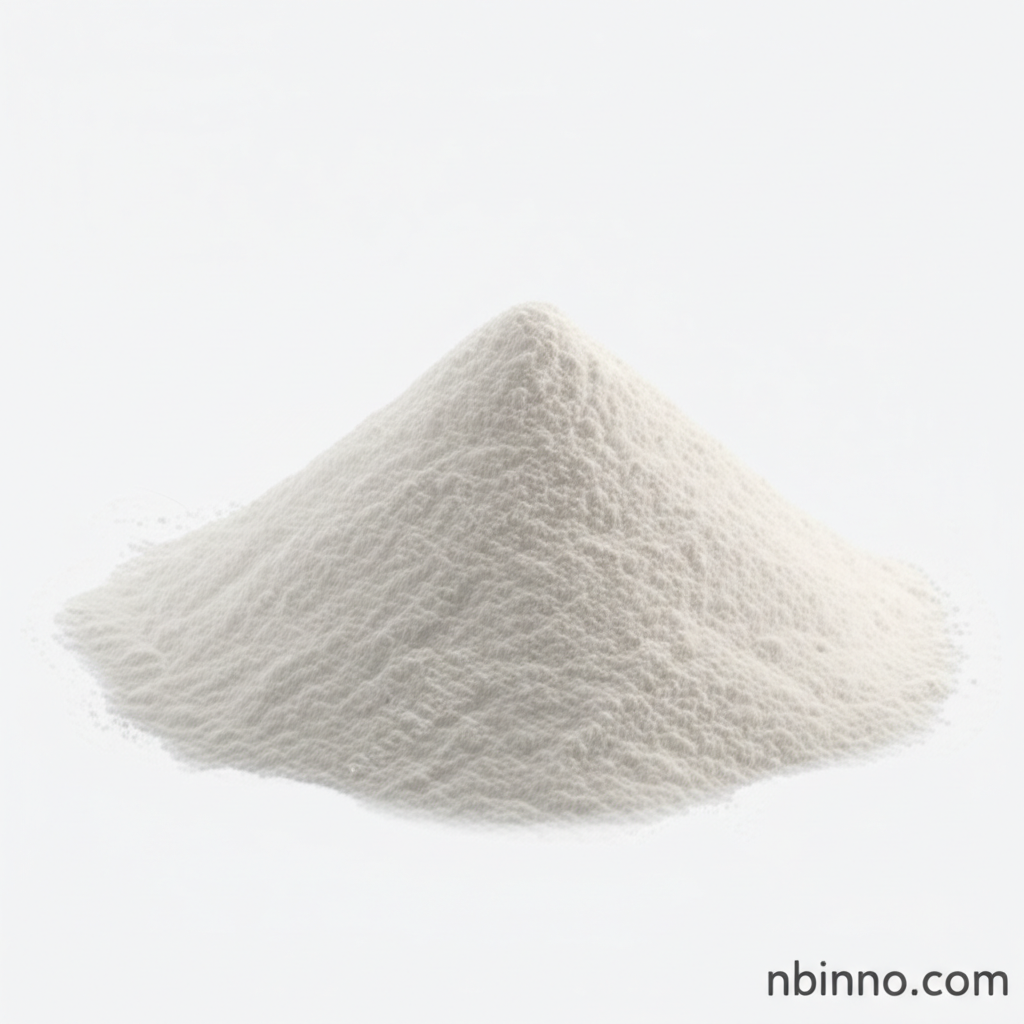Understanding Fingolimod Hydrochloride: Properties, Applications, and Market Insights
Explore the essential pharmaceutical intermediate crucial for advanced immunomodulatory therapies.
Get a Quote & SampleProduct Core Value

Fingolimod Hydrochloride
Fingolimod Hydrochloride, identified by CAS No. 162359-56-0, is a critical pharmaceutical intermediate primarily utilized in the synthesis of immunomodulatory drugs. Its role is pivotal in the development of treatments for conditions like multiple sclerosis, where it functions as a sphingosine-1-phosphate receptor modulator.
- Fingolimod hydrochloride pharmaceutical intermediate: This compound serves as a foundational component in creating more complex therapeutic agents, facilitating advancements in pharmaceutical research and development.
- Sphingosine-1-phosphate receptor modulator: Its mechanism of action involves modulating S1P receptors, which is key to its efficacy in treating autoimmune diseases such as multiple sclerosis.
- FTY720 hydrochloride for multiple sclerosis: Known by its research name FTY720, Fingolimod Hydrochloride is instrumental in developing oral disease-modifying drugs that aim to slow the progression and reduce relapses in MS patients.
- Fingolimod hydrochloride properties and uses: Available as a white to beige powder, it is manufactured under stringent quality controls, ensuring its suitability for pharmaceutical applications and research purposes.
Key Advantages
Therapeutic Advancement
By acting as a critical building block, Fingolimod Hydrochloride enables the creation of novel immunomodulatory therapies, significantly impacting the treatment landscape for autoimmune disorders.
Mechanism of Action Focus
The compound's ability to modulate S1P receptors makes it invaluable for research into conditions requiring immune system regulation, offering targeted therapeutic strategies.
Quality and Purity
Manufactured to high standards, it ensures reliability and consistency for pharmaceutical applications, supporting the development of safe and effective medications.
Key Applications
Pharmaceutical Synthesis
Essential as a raw material for synthesizing advanced pharmaceutical ingredients (APIs) targeting complex diseases.
Immunomodulatory Therapies
Crucial for developing treatments that regulate the immune system, particularly for autoimmune conditions.
Multiple Sclerosis Treatment Development
A key component in the creation of oral medications that modify the course of multiple sclerosis, reducing relapses and disability.
Biochemical Research
Utilized in research settings to study sphingosine-1-phosphate receptor pathways and their impact on cellular functions.
